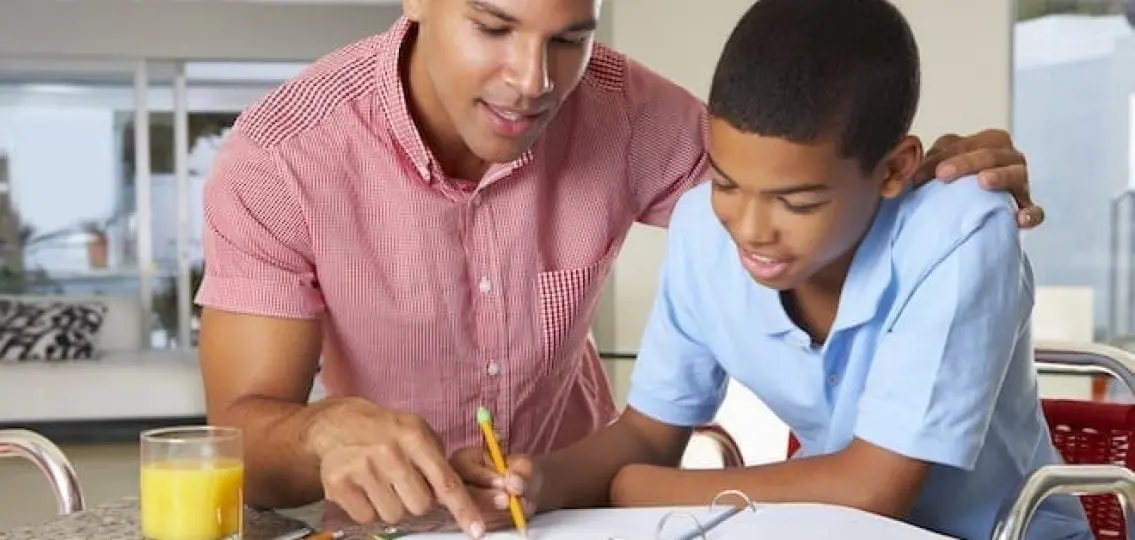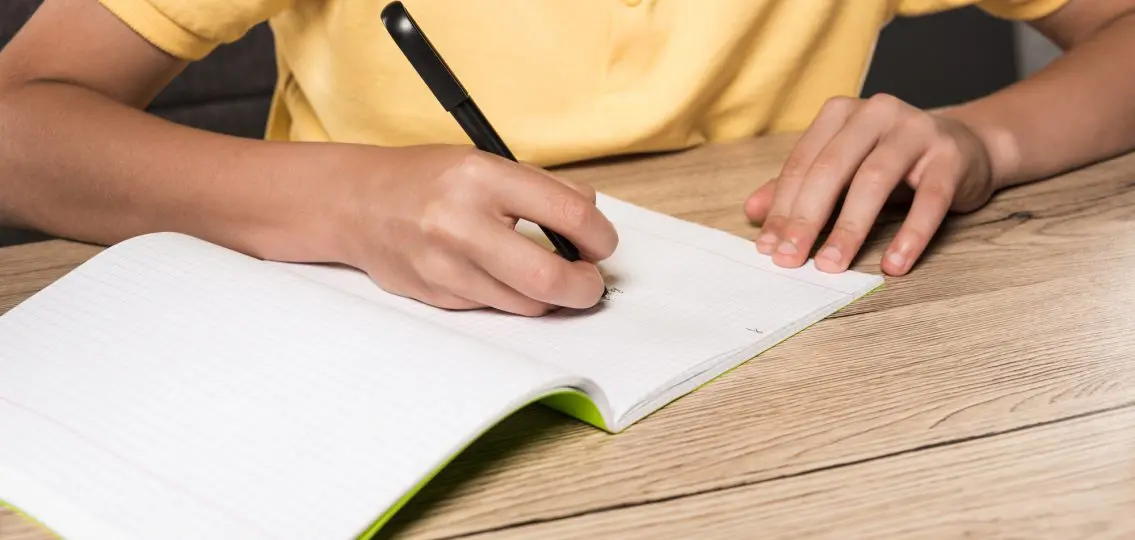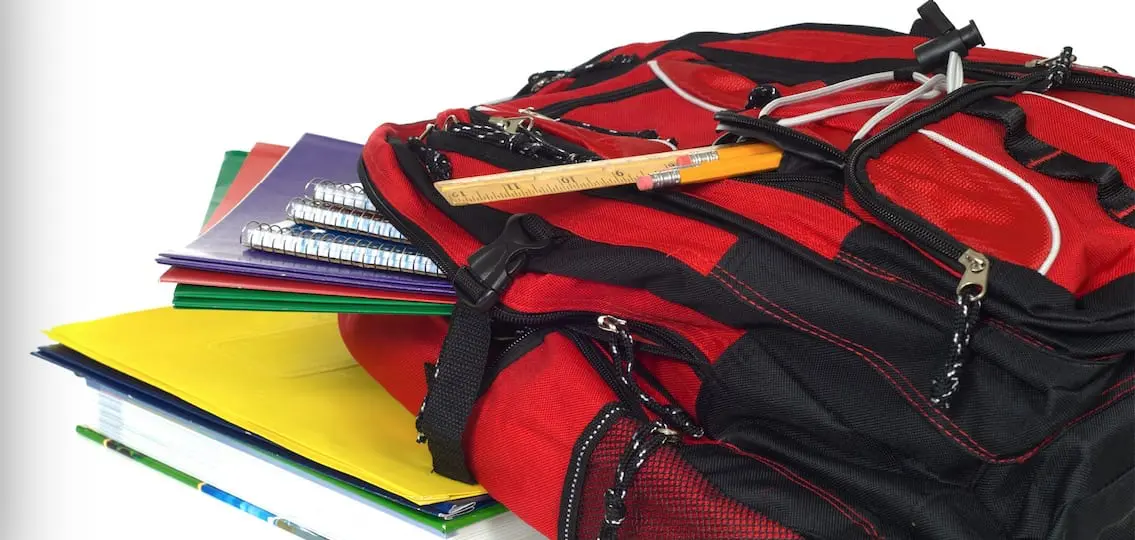Dear Your Teen:
My 7th grader frequently does not turn in homework, even though it’s completed. His grades are suffering. We’re all frustrated. Why is he not turning in homework? And what can I do?

EXPERT | Isaiah Pickens, Ph.D.
Ever forget an appointment and think, “Why didn’t I put it in my calendar?” Now imagine you forgot the appointment and forgot that a calendar exists. While that’s a little far fetched, it may capture how kids who have trouble staying organized feel.
There’s a Mess in Their Heads
Messy desks, misplaced clothes, and not turning in homework are just a few symptoms of the disorganized teenager who may lack any strategies to stay organized.
Yet parents see that their teens have the ability to complete tasks when someone is hovering. What befuddles parents is the difficulty doing the same when no one is present.
A frustrated parent may wonder, “What’s happening in his head?” Often, his head is where the difficulties originate.
Executive functioning is the neurological process that allows us to organize and plan. For many disorganized teenagers, a deficiency in executive functioning leads to disorganization. Fortunately, parents can help strengthen these skills. Here’s advice about teaching organization skills.
4 Tips to Help Your Teen Develop Executive Functioning Skills and Hand in Homework:
1. Make a visual system.
[adrotate banner=”98″]Visual cues that are linked to a routine can ease children into a pattern of organized behavior. For example, use a color-coded filing system that designates a folder for each school subject and one for completed work. Write down each step necessary to successfully complete the task, including the step involving turning in homework. Post these instructions in places your teenager will frequently look, such as the bedroom mirror, the refrigerator and the cover of her class binder. Let your teenager help design the instructions to make the sheet creative and fun. Use a similar process for other areas your child needs to organize such as putting away clothes. Making sure there is a consistent place to store or file goes a long way in helping children develop an organized routine.
2. Develop routines and schedules.
Teenagers sometimes have difficulty gauging how long it will take to complete a task or the best sequence for completing it. Helping your teen develop schedules, use calendars, and create reminders for completing tasks will provide additional tools for developing an organized routine. Work together to figure out simple strategies for using schedules, calendars, and reminders. Some strategies include setting a phone reminder or pulling out the “completed work” folder at the beginning of each class.
3. Review and adjust strategies.
A daily review of the new routine will provide opportunities to empower your teenager and emphasize areas that are improving. Use this time to allow your child to adjust strategies for staying organized. And highlight the importance of checking to make sure you’ve completed tasks correctly and in their entirety.
4. Reward successes.
Make sure to tell you teenager, “Good job” at the end of the week. Few things motivate a child more than receiving praise from parents on a job well done.

Hopefully, these tips will help encourage your kid to hand in homework on time. Good luck!





